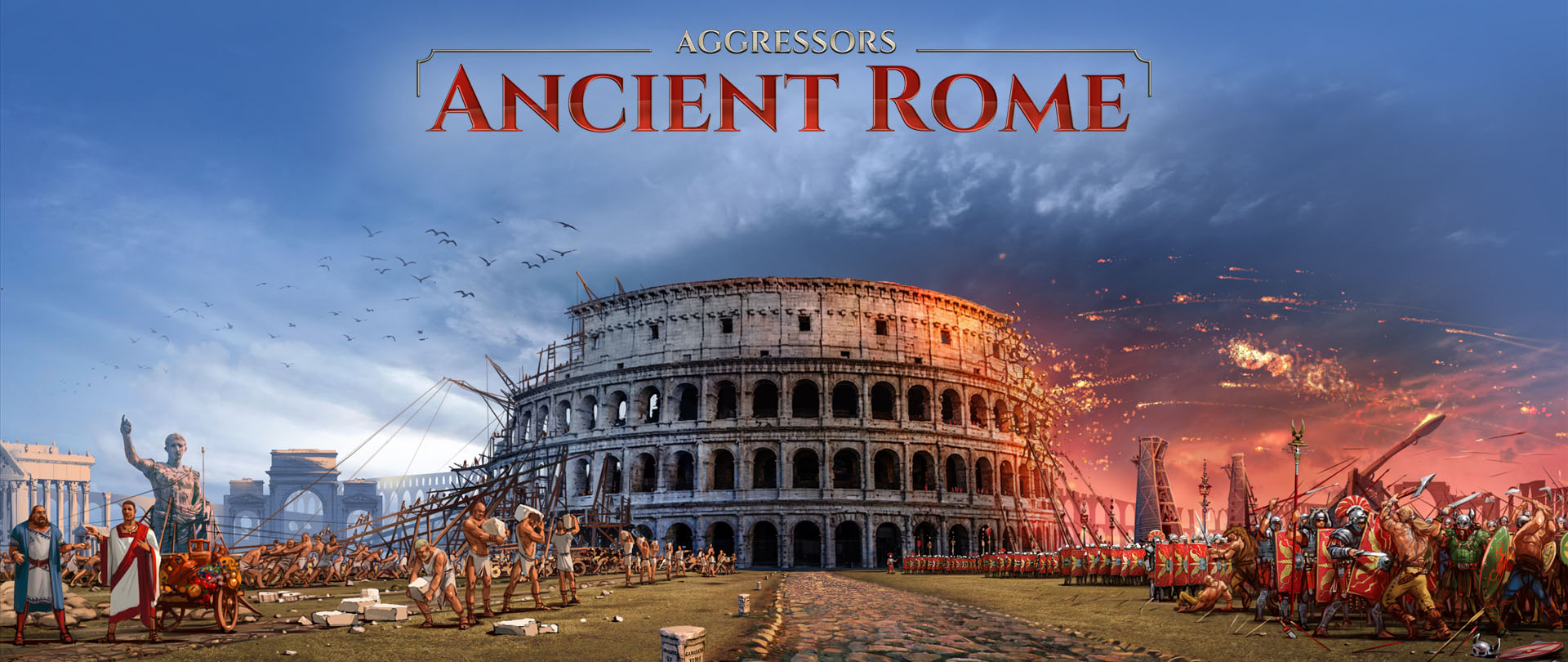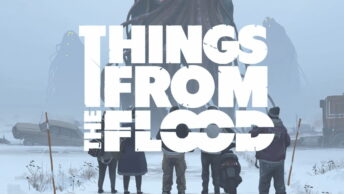Ancient Romans may have given us the calendar, indoor plumbing, concrete, highways, and socks, but according to Aggressors: Ancient Rome, it’s their contributions to 4X gaming that will go down in history.
Type: Single-player
Genre: Strategy, 4X
Developer: Kubat Software
Publisher: Slitherine Ltd.
Release date: 30 Aug, 2018


Aggressors: Ancient Rome is a historical turn-based strategy game set against the backdrop of Classical Antiquity. All the typical 4X ingredients are present, including exploring a map that encompasses parts of Gaul all the way down to the coast of Africa and Egypt; trading and managing resources through raw materials; establishing new cities, conquering existing ones, or forming alliances; using knowledge to develop technology to upgrade your troops, cities and land tiles; and maintaining formidable land and sea forces to keep the barbarians in check, all while continuing your global expansion. There are plenty of victory conditions to pursue, depending on your mood and approach, so the elements are present if you wish to win via diplomacy, or declare all-out war on the world and crush every opponent under your sandaled foot.
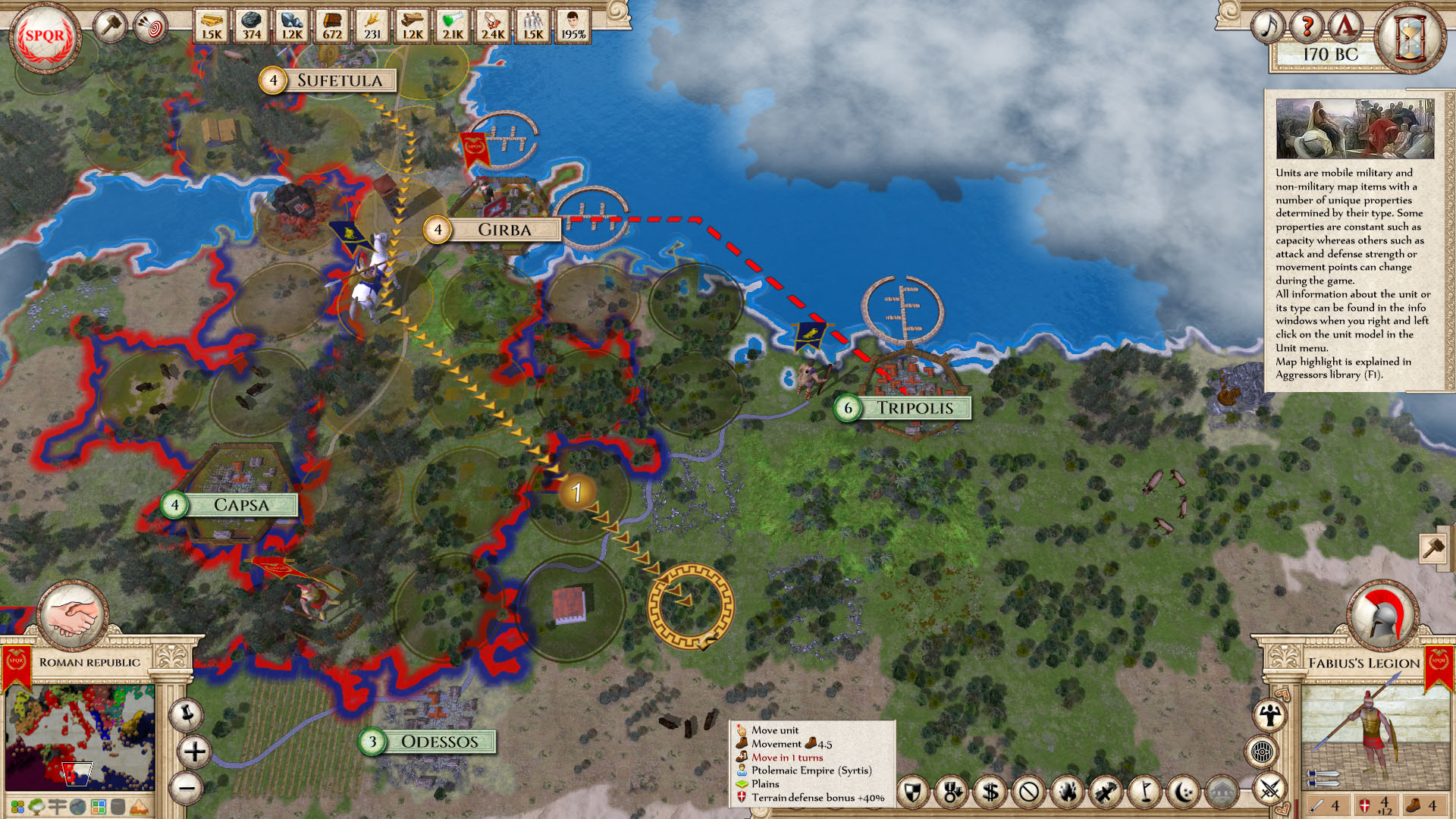
A funny thing happened on the way to the forum
In most strategy games, there’s usually an assumption that more means better. Here, balance is better. If you don’t plan your moves carefully, it’s all too easy to overextend yourself. While some players complain that modern strategy games are too hand-holdy, Aggressors is all too willing to let you make a fool of yourself, which is something I can do well enough on my own, without needing some snot-nosed Hamilcar Barca-look-alike to remind me. Every step you take needs to be measured, and the ramifications of your choices thoroughly considered.
Aggressors isn’t just a grid-based land grab or a toy soldier factory; it’s a tightly knitted ecosystem; for example, keeping troops happy and healthy means keeping up a reliable supply chain including dirt or paved roads, bridges, and keeping trade routes clear from raiders. Adding troops can have a negative effect on the town they’re recruited from, so care must be taken when expanding the ranks of your military. There is a well developed (if somewhat crowded) tech tree to pursue, which is achieved through gains in Knowledge. Interestingly enough, knowledge is treated as a resource too and can be traded with other nations. As odd as this may seem at first, it actually does make sense, and in reality things like culture, science, and wisdom rarely evolve in a vacuum.
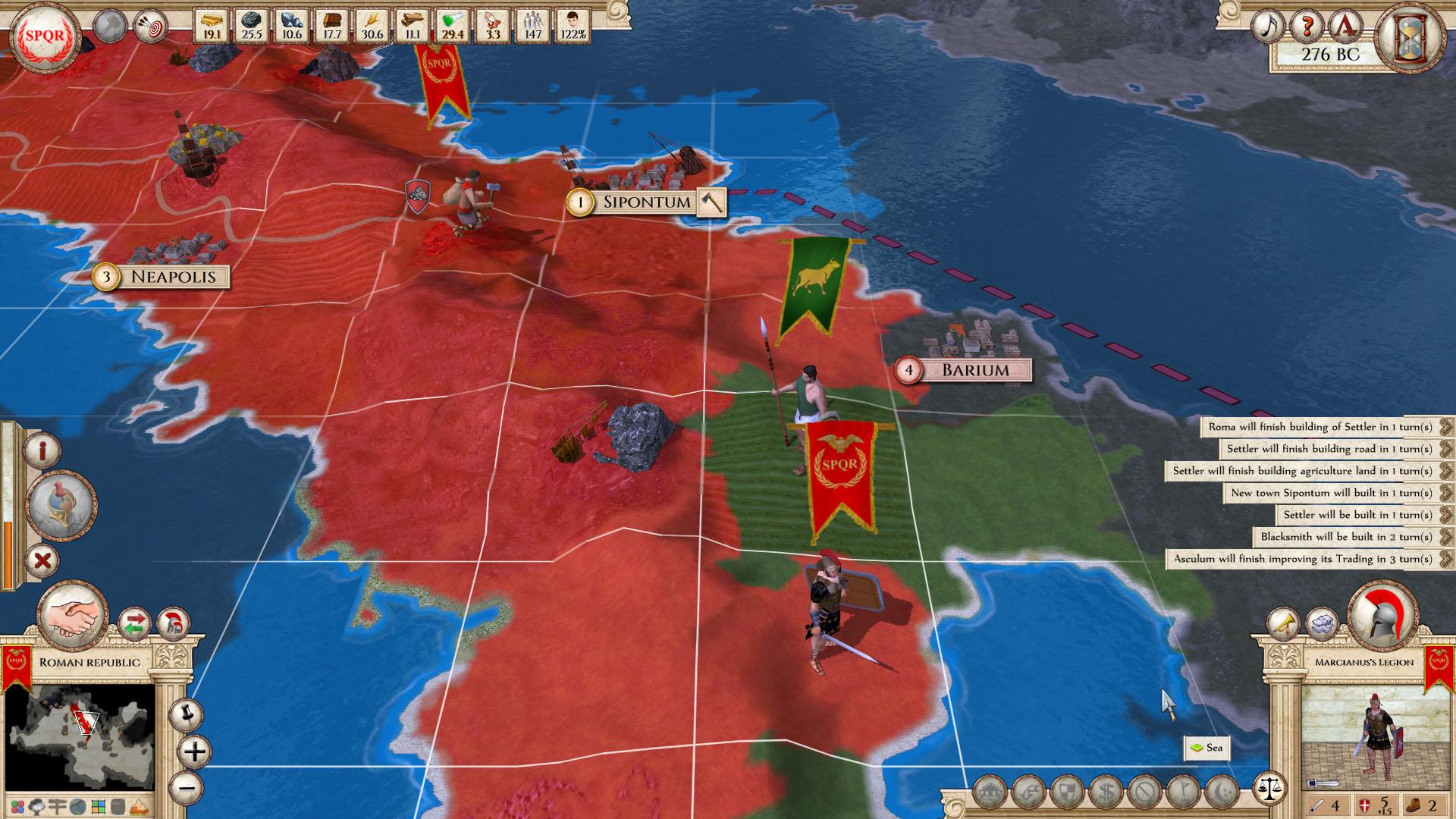
Trade and diplomacy are closely linked and feel much more satisfying than in similar games. Options such as negotiating treaties to share your roads or trade routes result in more meaningful interactions with allies or opponents. You can forge defensive pacts with other nations, or propose confederations, federations, or outright annexation. It’s easier to judge the temperament of the other nations, too, as their attitude towards you is broken down into a series of very clear statistics, and the map offers views showing how each nation relates to one another. This means that not only can you use this insight to help plan long-term strategies, but also that you’re rarely caught off guard by the actions of others. This approach enhances the realism and leads to opponents who behave in a much more believable manner. Furthermore, the AI seems just as willing to engage with you diplomatically as militarily.
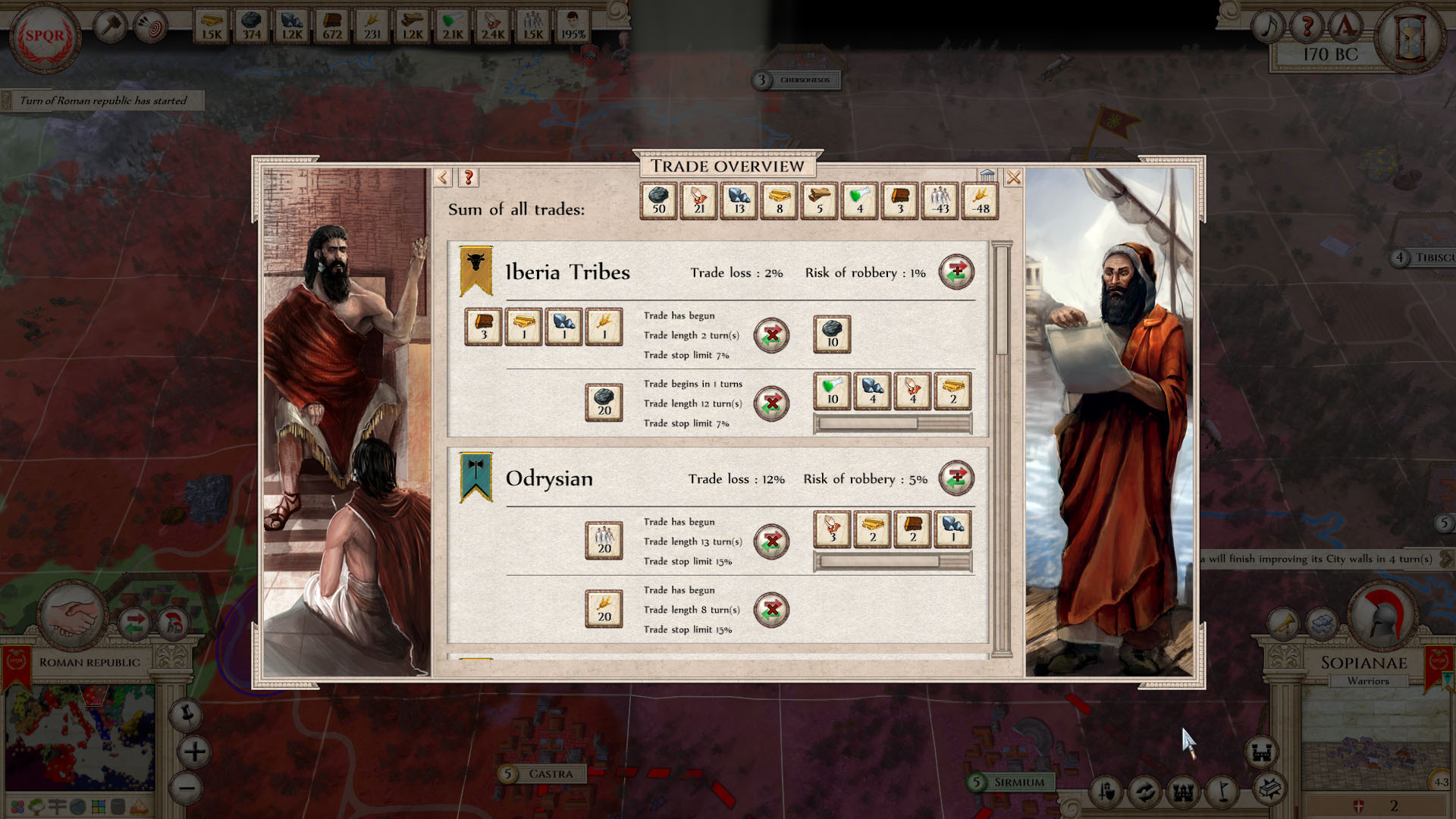
All of these elements are handled quite gracefully and can be easily managed without slowing the pace of the game. In fact, many design elements are focused on taking the “micro” out of micromanagement. The game even specifically emphasizes that cities tend to do better when they’re left alone to manage themselves, rather than the player mucking about with their limited resources.
The 20 sided die is cast
Of course, the beating heart of any modern strategy game is conquest and combat, and Aggressors delivers on this front as well. It may depend on your play-style, and personally, I tend to gravitate more towards diplomatic, territorial, or tech victories, but the combat feels very well balanced and is rooted in more realism than I encounter in most strategy games. Troops can be trained, and individual stats such as loyalty and experience can be tracked. Each unit has strengths and weaknesses, including the type of environments they’re best equipped for, as well as defensive and home turf perks. Combat is more about strategy than brute force, as terrain type, natural land barriers, supply routes, previous combat victories, and overall morale factor into either victory or defeat, into your ascension to the heights of Augustus, or winding up dashed to bits like Vitellius.
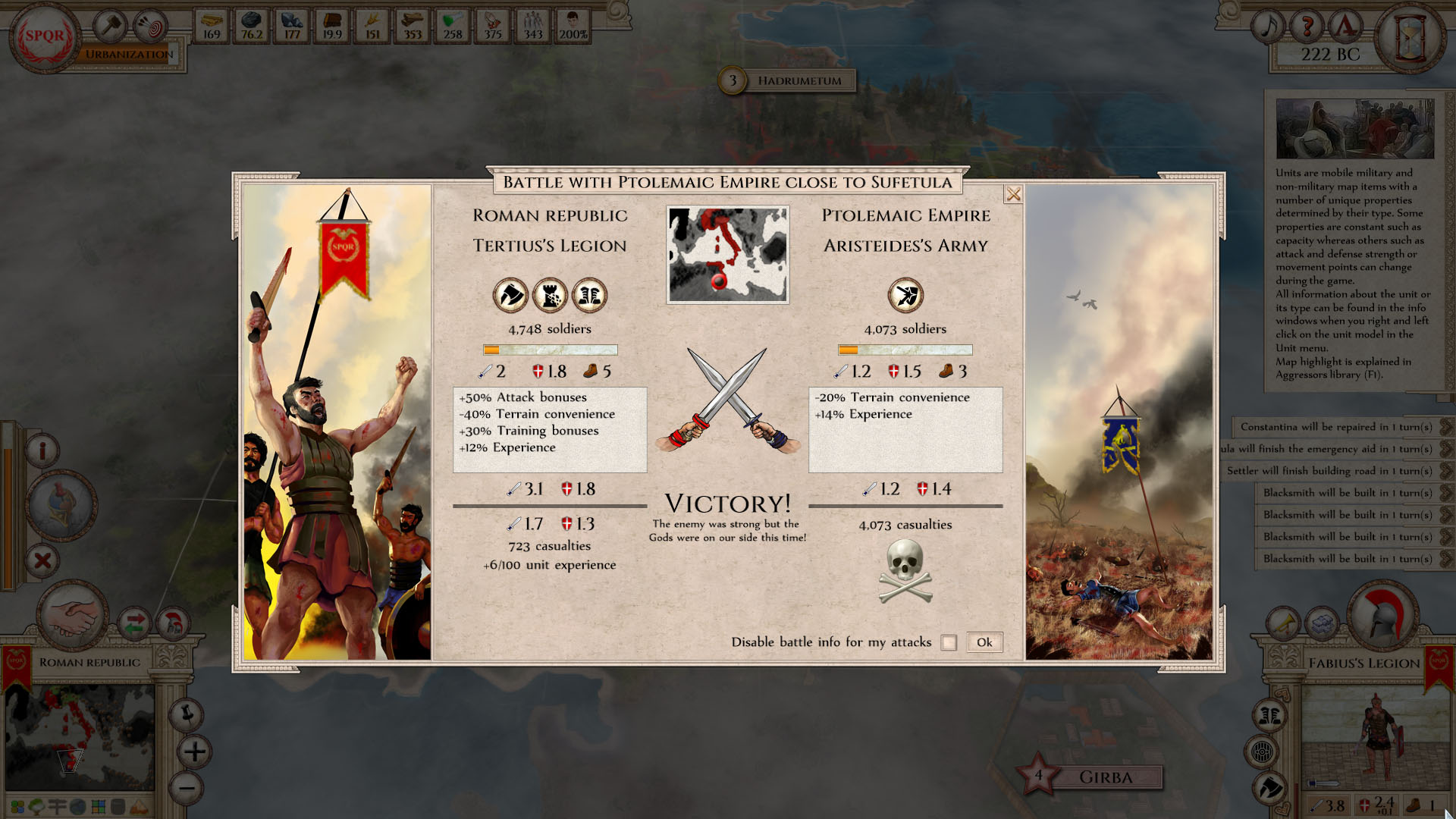
When two factions meet on the battlefield, the outcome is determined by stats and dice rolls behind the scenes. I’ve heard some players complain that the results are too random, but I disagree. All of the information about the battle and potential outcome is available for you to study as you plan your attack, so defeat usually falls squarely on the player for not doing their homework. I agree this isn’t always a fun realization, but it’s accurate, more realistic, and much more meaningful. Aggressors is not the kind of game where you can just spam out troops and take the world by force, it demands time, patience, attention, and planning.
SPQR/RTFM
With a learning curve only slightly less steep the Tarpeian Rock, it does take a while to adapt to the systems and pacing of Aggressors. A lot of the mechanics of the game will be familiar to players of other strategy games, but the details of how they work may not always be obvious. The game comes with a 247-page manual that’s worth spending time with, and that’s because it’s best to arm yourself with as much knowledge as possible before immersing yourself in the world of Aggressors. Alternatively, there’s in-game help, and a friendly and active Discord channel, along with plenty of web resources to help you find your bearings. If you are a fan of in-depth strategy games, none of this should come as a surprise, but this is fair warning that this isn’t the kind of game you can jump into blindly. There is a tutorial option, but it’s all too brief, and owing to the sheer complexity and number of options available, ends up being inadequate.
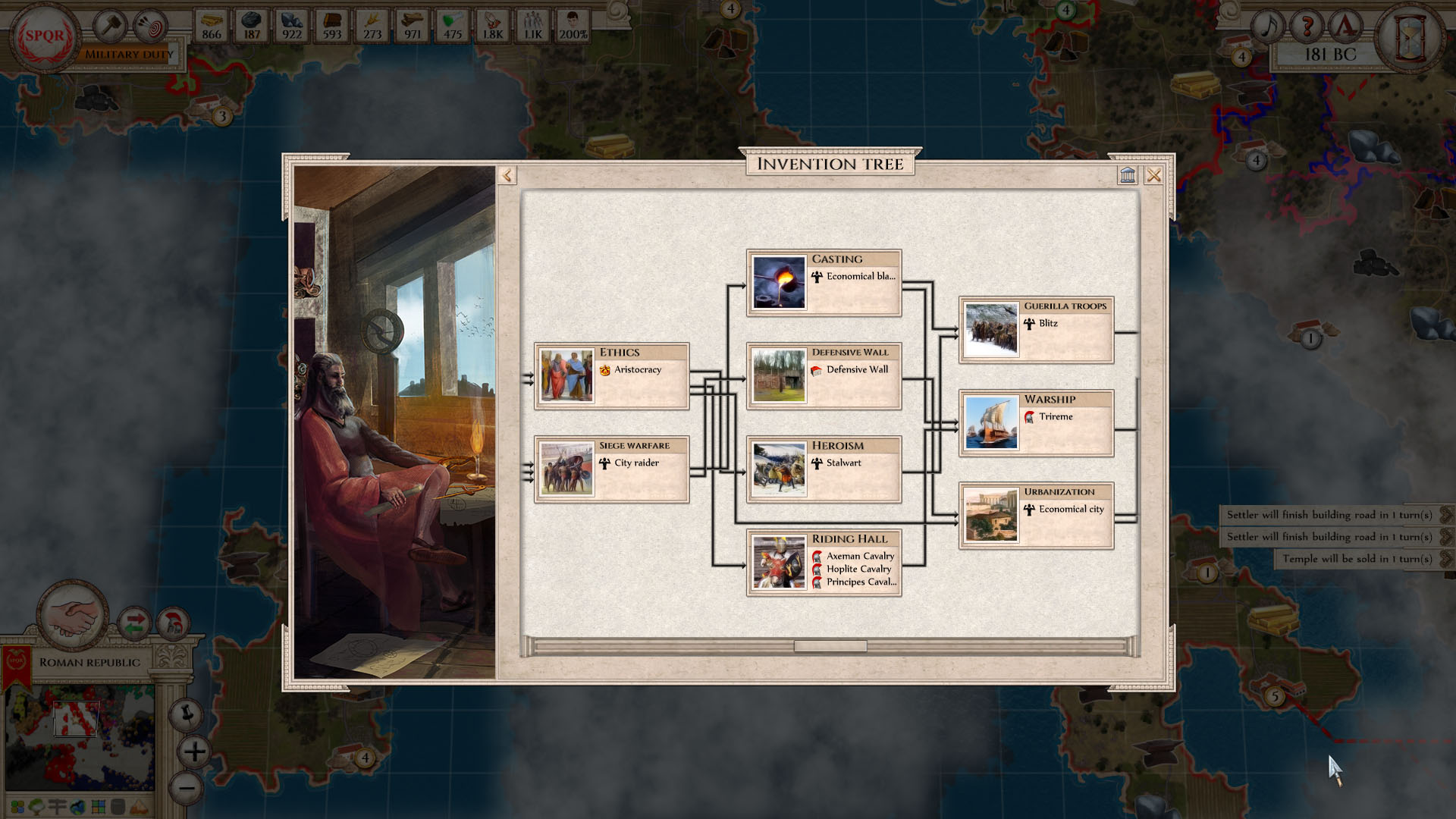
Although the game screens are generally well organized, sometimes it feels like there’s too much jumping from window to window just to get basic information. This can be problematic at times, like, for example, when another player offers you a treaty, you’re stuck on that screen unless you either cancel or accept, which means you can’t access other stats to help in your decision. Also, it would be nice to have a summary of other nation’s resources without having to resort to studying the map views each time you want to evaluate a trade. To be fair, the game does provide you with most of the necessary information to rule your empire, it’s just not always conveniently accessible.
Despite the attention given to historical accuracy, it’s a bit disappointing that there’s a lack of historical figures represented in the game; no callous Crassus, or pompous Pompey, just randomly generated Romans. But maybe the absence of “History’s Poster Children” isn’t a bad thing. On one hand, the use of historical figures can be cartoonish if done to excess, or anachronistic depending on the scenario. When done correctly, however, their appearance can serve as visual and ideological guideposts for the action unfolding before you. They can act as the embodiment of otherwise abstract concepts, and add a grounding narrative for the game. So, while Aggressors avoids the mistake of being historically gimmicky, it does suffer from a slightly generic level of immersion as a result.
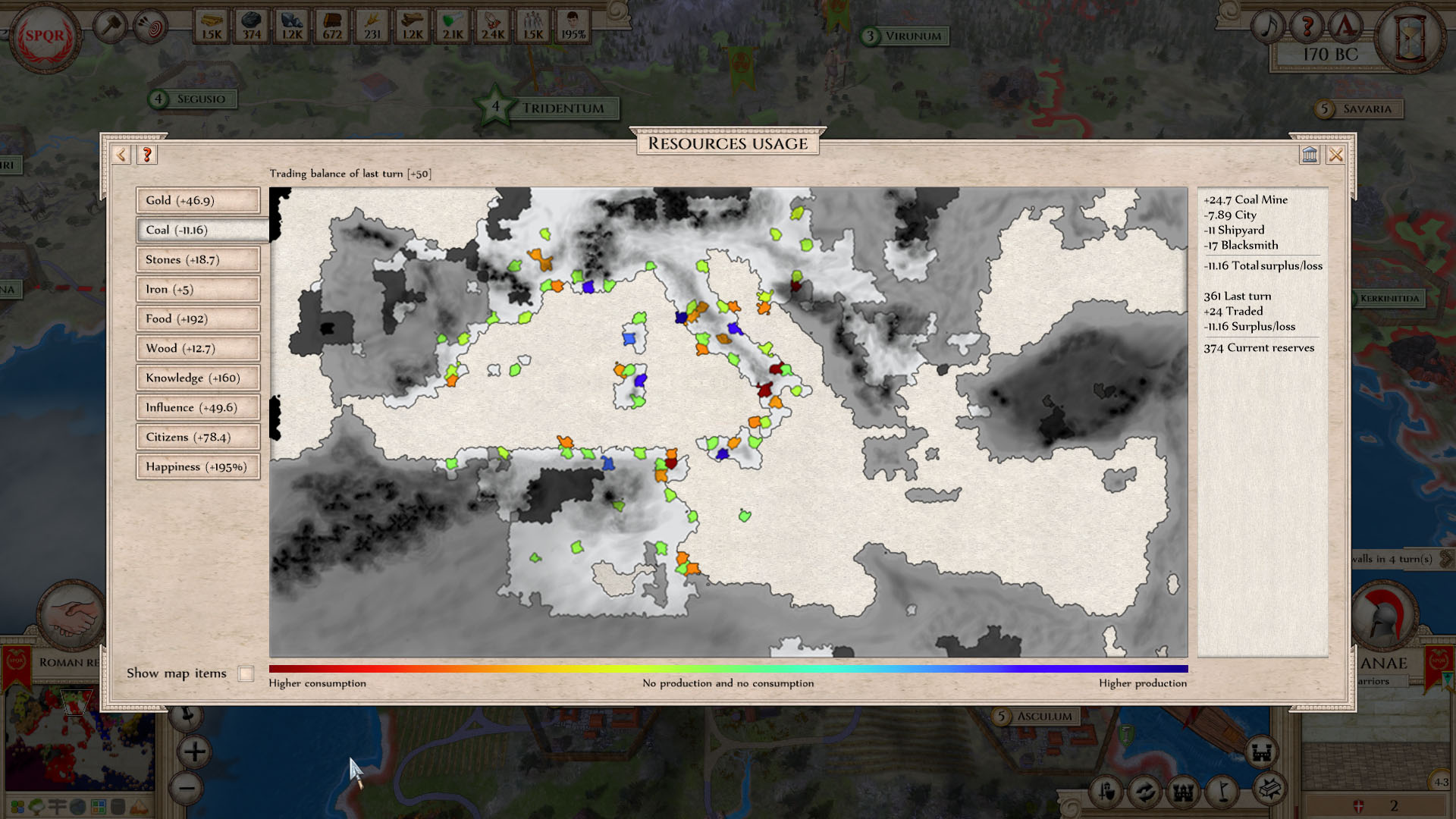
I, Clumsius
There are a few other bumps in the road to victory, but the glitches are minor and nothing that will spoil the game for you. Outside of a few graphical issues (the game seems to trip on 4k displays), most of the other bugs are temporary and can usually be cleared with a restart. The map markers would occasionally take on a mind of their own; for example, as I channeled my inner Cato and set about to chase Carthage until they were mercilessly squashed into the earth, the map marker kept sending me after a capital city that did not exist, or would jump to a random location, including in my own territory! In another instance I had to replay a battle where I sunk a trireme, but in the next round it had magically re-appeared in the same location. A city I conquered inexplicably reverted back to my opponent from one round to the next. In one rare instance, I unlocked a building upgrade, but it wouldn’t let me use it until after a restart. Even with these minor imperfections, it must be stated that the game as a whole is remarkably stable, and holds up well in extremely long play sessions. It’s worth noting that the developer is very active, so by the time you read this review, some of these issues may have already been addressed.
The Emperor has no toga
It’s clear that this is an indie game with a passionate, but small team, and despite the labor of love, there are bound to be trade-offs. Unfortunately, the visuals are one of these victims. The graphics are homely at best, and at worst, outdated. First of all, let’s be clear: no one plays strategy games for their graphics; but, since you’re typically staring at the same game screen for double-digit number of hours, it’s preferable to not have your eyeballs assaulted by mediocrity, especially in this day and age when even the smallest indie is expected to put their best digital foot forward.
With that disclaimer aside, the art in Aggressors isn’t bad, it just feels like student work. The character portraits seem like tracings and are very clearly borrowed from movie posters and other sources. The 3D elements of the game (the troops, buildings and other upgrades that appear on your map) are nigh on PS2 level quality. The map itself is like a muddy hodgepodge of unrelated patterns, and frequently resemble a patchwork quilt woven from open source texture packs. The addition of clouds, trees and other window-dressing further obscures the view.
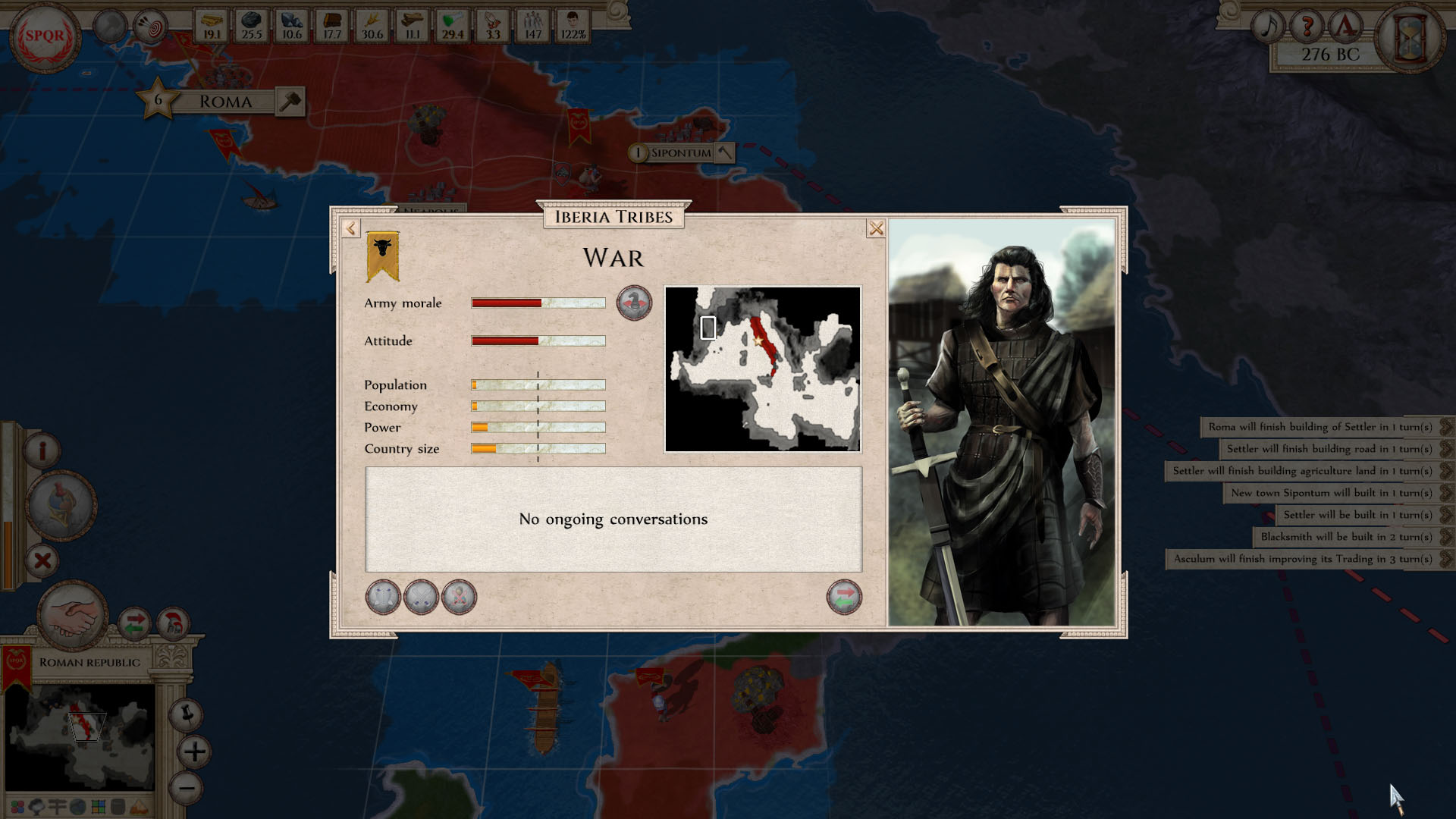
Thankfully, the game is incredibly customizable, so the graphics that get in the way can be turned off, dialed down, or altered so as to reveal a much more accessible and visually appealing map. Brilliantly, there’s also a nifty 2D mode you can switch in and out of, which greatly clears up some of the muddiness and is sometimes a better way to play. Despite the middling game graphics, the UI is nicely designed and has an appropriately Romanesque theme, with decorative columns, borders, and trim. The icons, interface controls, layout, graphs, and charts and are also well done. I do wish the font choice was cleaner, as the legibility doesn’t fare well at higher resolutions, but it’s not a hindrance.
Sound and music are a mixed bag, and ultimately I turned them both off. They are serviceable and mostly unobtrusive but come across like a mismatch to the game itself. There is not one composer to give unity to the music, instead, it is literally dozens of royalty-free “clip art” tracks. This means that some of the music is actually quite good, while others less so, but ultimately nothing blends well with each other; one tune might have a Middle Eastern flare while another has an inexplicably Native American bent. Since audio isn’t a necessary component to this game, it’s easily silenced so you can play with your own music. Besides, Aggressors pairs much better with the Gladiator soundtrack.
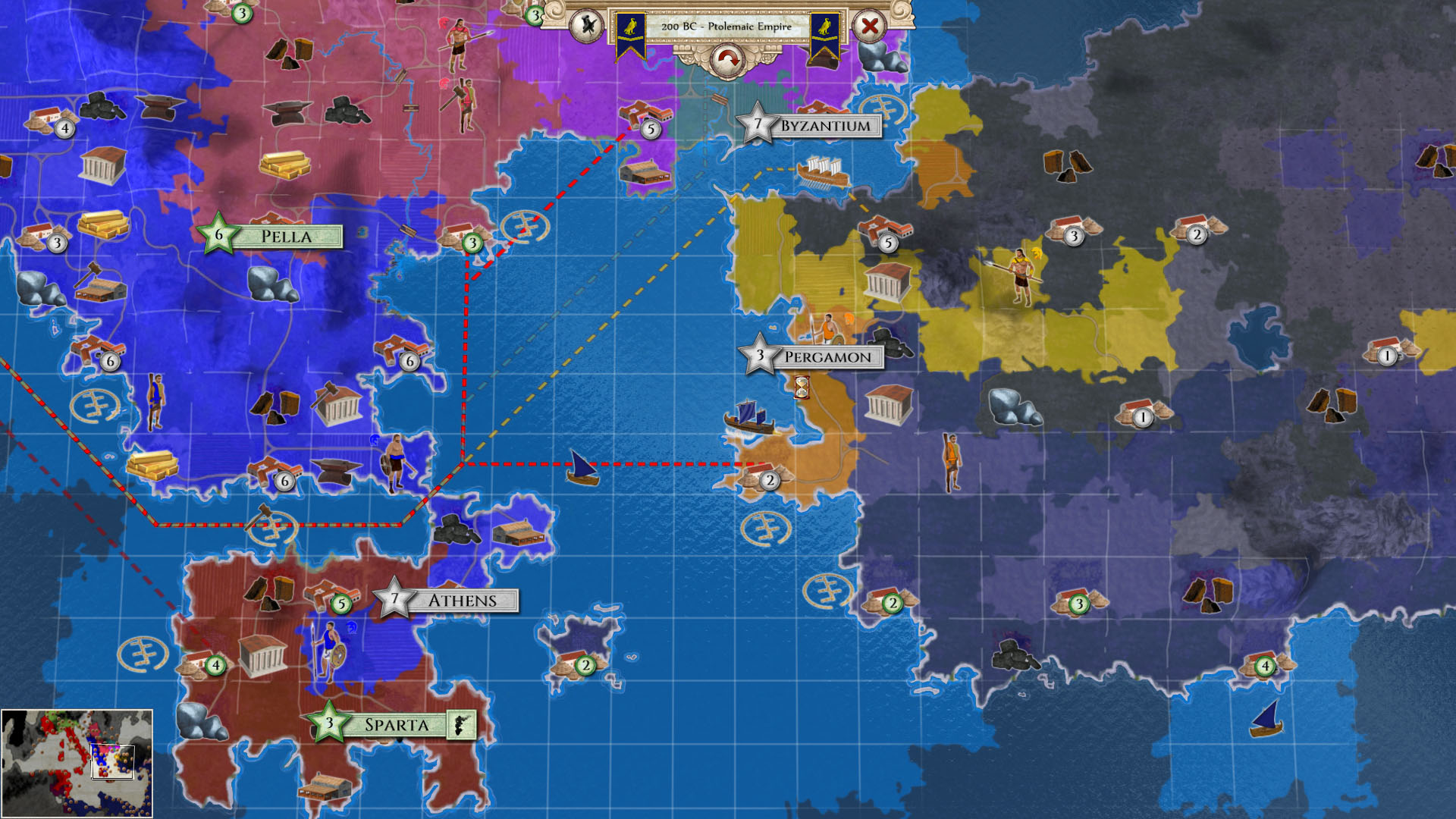
My way or the Appian Way
Despite these random criticisms, it must be stressed that the only thing to really critique about this game are these little nitpicks; the big-ticket items, the actual Four X’s themselves, are well designed, balanced, and rewarding. The level of depth and thoughtfulness put into the intricate systems is impressive. The extremely generous customization options open up almost limitless possibilities based on play style, experience, and expectations. In short, though the coliseum shows a few cracks, the foundation is very solid.
Another pleasant surprise is the inclusion of a robust game editor, which lets you design your own scenarios, maps, and campaigns. And in case it hasn’t been emphasized enough, Aggressors is one of the most customizable strategy games I’ve encountered in a long while. The system preferences, gameplay options, difficulty modes, victory conditions, pacing, and visuals have a dizzying amount of choices, allowing you to dial in virtually any imaginable setting to create the perfect game to suit your mood. This level of openness and trust in the player is truly refreshing and means that you can make the game entirely your own very quickly and easily. As such, the replay value is immense. Despite being primarily focused on the geography and technology of the Ancient Mediterranean, it’s entirely plausible to craft any scenario you might be craving, and each time will be a rich and unique experience.
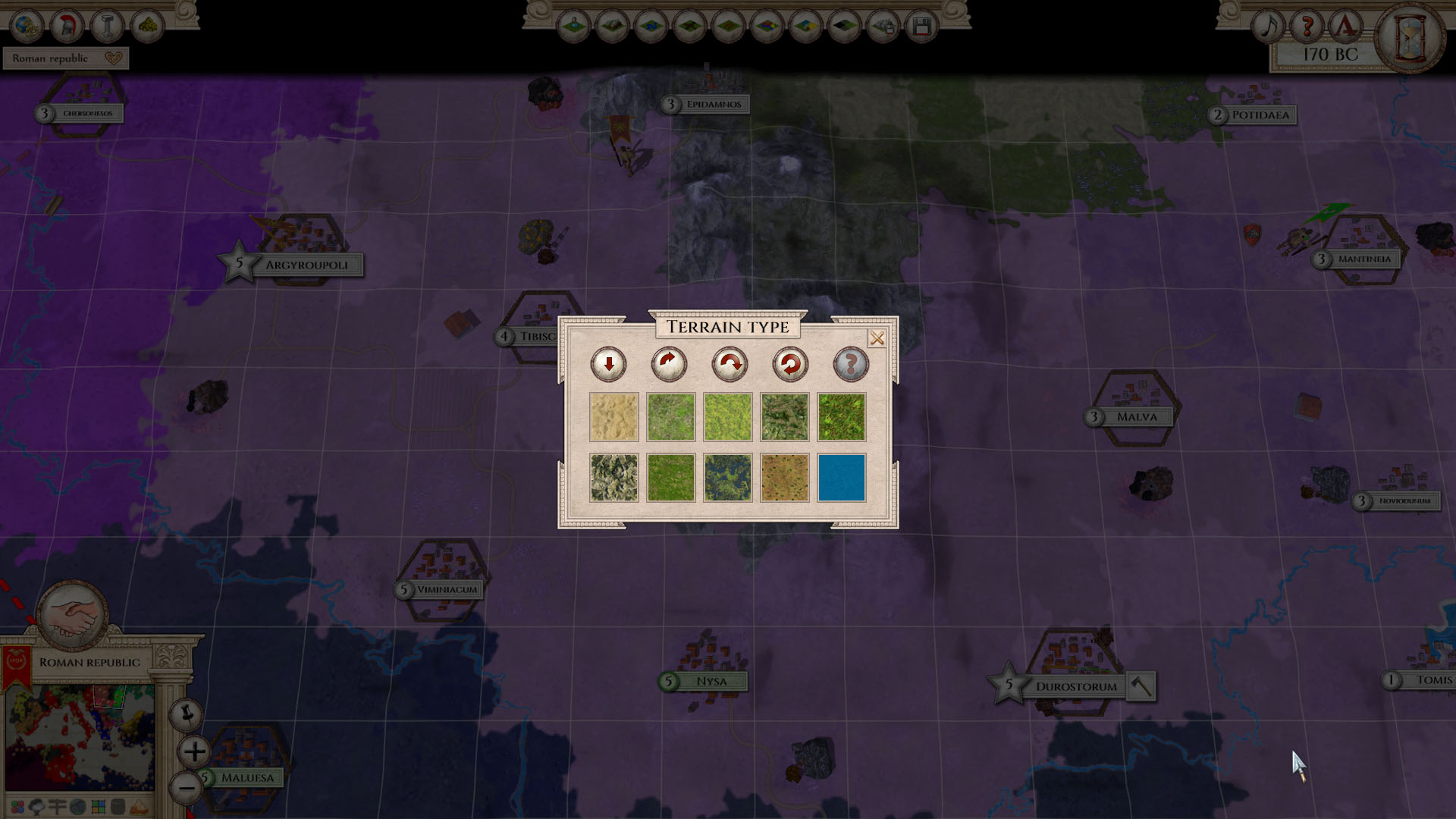
Verdict
Aggressors: Ancient Rome is a deep and thoroughly gratifying game, and should scratch that “just one more turn” itch for most strategy enthusiasts. It’s not as polished as its competitors, and the scope is limited to one time period and set of nations, but these limitations are easily overshadowed by the historicity, balanced mechanics, and the immense freedom granted by the numerous game options and customizations. The price feels about right, too; even though it’s a tad higher than most indie games, there is so much more to it than initially meets the eye, that you will definitely get your money’s worth once you commit to it. Aggressors: Ancient Rome justly deserves a prominent place in the Pantheon of not only turn-based strategy games but gaming in general.

